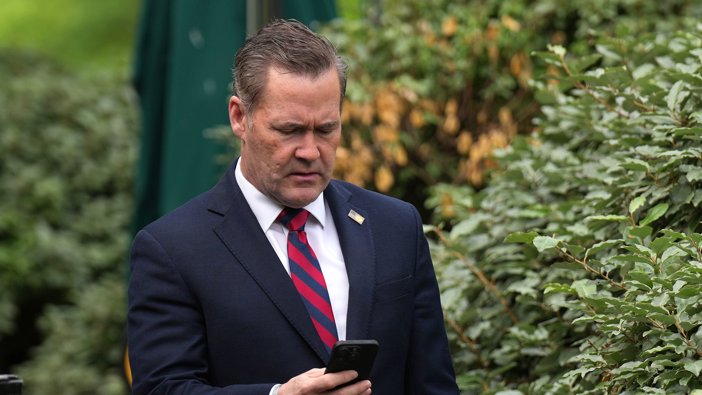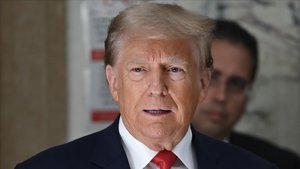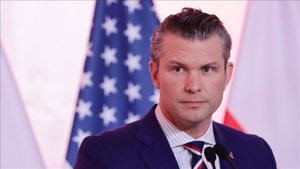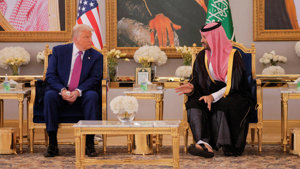
Booker, Waltz Clash Over Signal Chat at U.N. Confirmation
Senator Booker denounces Mike Waltz’s response to the Signal chat controversy, igniting Senate debate on military information leaks.
Senate Hearing Puts Spotlight on Signal Chat Scandal
In a heated Senate Foreign Relations Committee hearing Tuesday, Senator Cory Booker (D-N.J.) accused former national security advisor Mike Waltz of “profound cowardice” for his handling of the so-called Signalgate controversy. The clash arose during Waltz’s confirmation hearing to represent the United States at the United Nations, as lawmakers pressed him on the fallout from a group chat used to coordinate U.S. military strikes against the Houthis in March.
Booker, refusing to pose questions, criticized Waltz’s unwillingness to take responsibility, stating, “You couldn’t sit before this committee and take some responsibility and talk constructively about what’s learned. It compounds what I think is disqualifying about you for this position. It also, to me, just shows profound cowardice. You should step up right now.”
Booker continued, “I have nothing but deep disappointment in what I consider a failure of leadership on your part. America needs now more than ever – forget the partisanship – just people to step up and show heart and integrity and honor. When you lie, defer, deflect, demean and degrade journalists, to me it's absolutely unacceptable.”
Lawmakers Probe Potential Security Breach
The controversy stems from a Signal group chat created by Waltz’s team, which included top Trump administration officials and, inadvertently, a journalist from The Atlantic. The chat was used to discuss strike plans against the Houthis, with Secretary of Defense Pete Hegseth reportedly disclosing specific aircraft and timing of upcoming attacks.
While Waltz and administration officials maintain that no classified information was revealed, Democratic senators expressed concern that sensitive, real-time military details were shared. Senator Chris Coons (D-Conn.) remarked, “You were sharing details about an upcoming airstrike and the time of launch and the potential targets. I mean, this was demonstrably sensitive information.”
Senator Tim Kaine (D-Va.) called the accidental inclusion of a journalist an “amateurish move,” but added that investigations by the Pentagon inspector general and the Air Force are still ongoing. “They haven't yet reached a conclusion that no classified information is shared. Am I wrong about that?” Kaine asked. Waltz replied that he could not comment on ongoing investigations but echoed Hegseth’s testimony that no names, targets, or classified methods were disclosed.
Waltz insisted he bore “full responsibility” for the group chat, but stood firm that no classified details were shared: “What we spoke about, Senator, was a highly successful mission that did something that the Biden administration did not do, which was actually target the Houthi leadership.”
Debate Over Leadership and Accountability
Booker, unsatisfied with Waltz’s answers, declared, “I cannot support your nomination. I think you’ve shown a failure of leadership at a time that America especially needs people of honor to stand up and show what leadership actually is.”
In his defense, Waltz, a retired Army National Guard colonel and former Green Beret, responded, “I appreciate the men and women that I've had to lead in combat, and I think the last thing they would call me is a coward.”
As Waltz’s nomination to the United Nations moves forward, ongoing Pentagon investigations are expected to shape both the public and Senate response. The controversy highlights growing concerns over the secure handling of sensitive military information and the standards of leadership expected from top U.S. officials at a time of global conflict and uncertainty.






